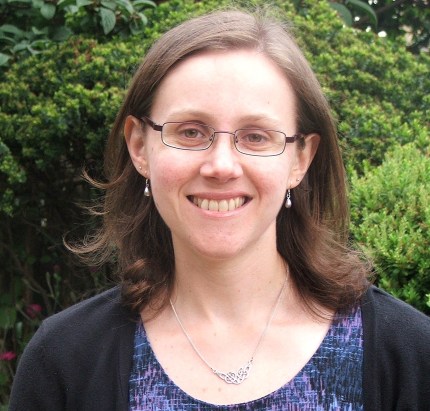What’s the difference between life coaching and counselling?
By Gill Wier, Counsellor and Director of Sheffield Central Counselling Ltd
If you have a burning issue you want to discuss in confidence you might be asking yourself what sort of person would be right for me to speak to? As a counsellor, Gill says, I am often asked by clients “Have I come to the right place? Do you think counselling will help me?” I’d like to share a bit about counselling and how it’s different from life coaching.
It’s not surprising that people sometimes feel unclear about which approach is right for them. After all, both counsellors and life coaches will meet with you on a one to one basis and aim to create a confidential and non-judgemental space where you can talk freely about the issues you are facing. Both professions aim to help you explore and gain understanding of your problems with a view to helping you make positive changes in your life.
So what are the main differences?
In summary, life coaching is focused on setting goals for the future and making positive changes in your life. The life coach provides the practical and psychological support you need to motivate you towards obtaining these goals. Counselling works with personal issues in much greater depth than would normally be expected in life coaching. Counselling tends to be focused on emotional issues and on helping people break free from issues that are holding them back from living life to the full.
Life coaching is of most benefit to people who are generally feeling well but have some sense of discontent, frustration or unhappiness and want to make changes in their lives.
Counselling might be beneficial for you if…
• Problems are getting on top of you and affecting your well-being, causing depression, anxiety or stress
• Issues from the past are having an negative impact on your day to day life, affecting your relationships or work
• You are finding it hard to come to terms with a traumatic life change such as a bereavement or relationship breakdown
But isn’t having counselling a sign of weakness?
On the contrary it takes a lot of courage to come and talk about your personal issues with a counsellor. It is a sign of your inner strength and resourcefulness that you choose to access the support that you need when you need it. I have seen first-hand how counselling helps many people address deep seated emotional issues so that they can move forwards with greater freedom. Life coaching can work well as a next step after counselling once you are feeling better and ready to set some new goals for your life.
So if you have deeper underlying emotional issues that are holding you back I would recommend seeing a counsellor. There’s no need to leave it until you are in crisis or have reached rock bottom. If you have any questions or would like to arrange an initial appointment to discuss how counselling could help you feel free to contact me on 07504492224 or gill@sheffieldcentralcounselling.co.uk
